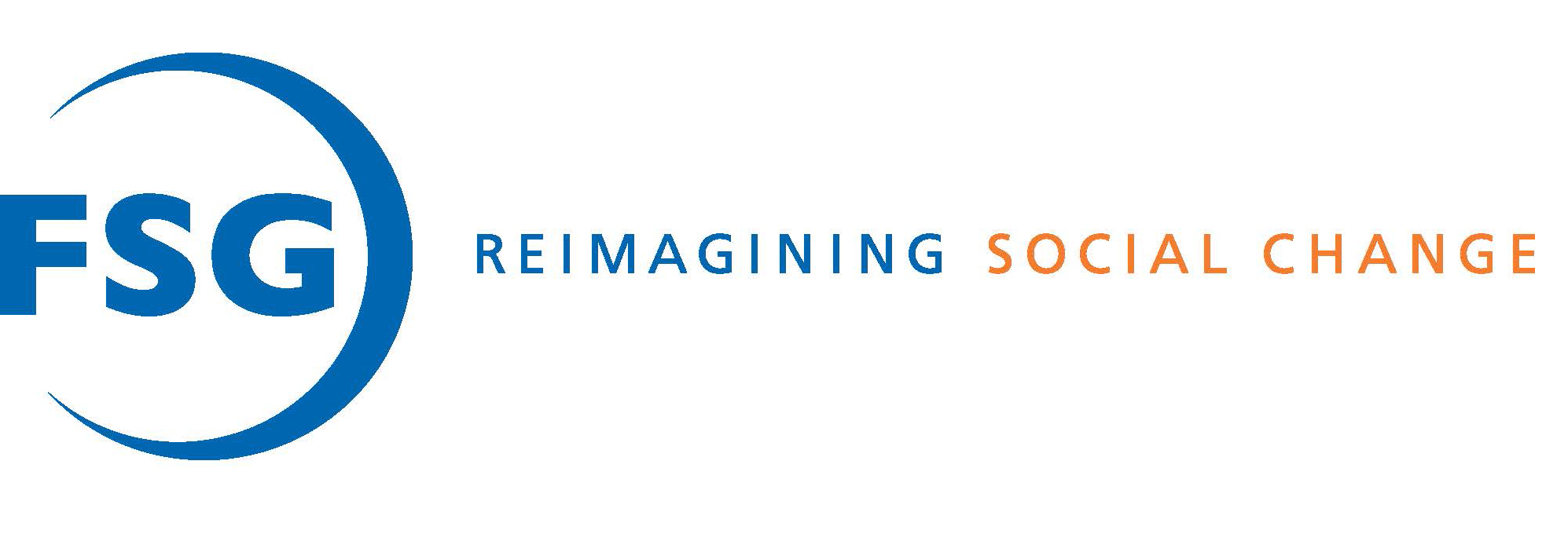What Corporate Leaders Are Saying About the Business of Gender Equity

What Corporate Leaders Are Saying About the Business of Gender Equity
In the age of #metoo and #timesup, companies are eager to strategically consider how best to strive for gender equity within their organizations. Moving beyond technical fixes in the HR policies and practices, companies are increasingly seeing opportunities for improved competitiveness as they consider the role of women inside and outside their organization’s walls.
We had several illuminating conversations about the intersection of gender equity and shared value recently at the Shared Value Leadership Summit. The Summit brings together approximately 400 global leaders every year in New York to explore opportunities for shared value across industries and geographies.
To kick off the Summit, we hosted a dozen business leaders in partnership with Win-Win Strategies for a dynamic dinner discussion about how their companies are setting the stage for long-term investments in gender equity. This includes building the business case for investing in women, and aligning strategies across the value chain, internal operations, CSR and philanthropy that support core business objectives.
The participants came from diverse industries including retail, food and beverage, financial services and more. Many expressed that while macro studies like the Power of Parity and others over the last decade are powerful, they don’t reflect individual company strategies, and hence, don’t go far enough in helping executives who are trying to make the economic argument for gender equity and design strategies that drive impact at multiple levels. Similarly, the many studies that explore intersectionality and link all kinds of diversity with improvements in typical business yardsticks (like return-on-sales and earnings-per-share) haven’t been fully convincing when it comes to building consensus around how to prioritize and pursue gender equity with the same zeal as other business imperatives. Overall, there was a real appetite amongst participants for greater specificity in terms of defining the business benefit and strategies in order to effectively make the case for investing more intentionally in gender equity.

